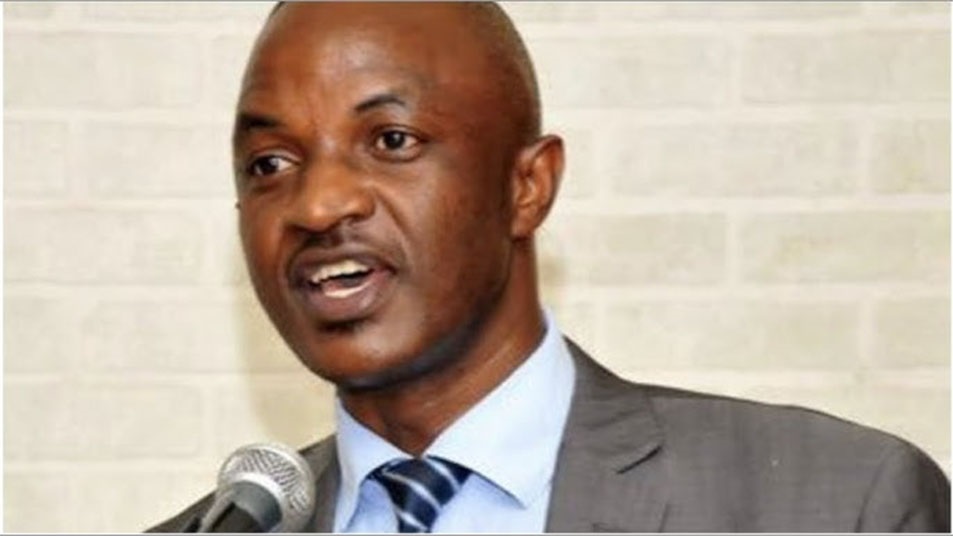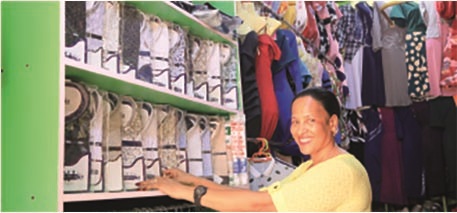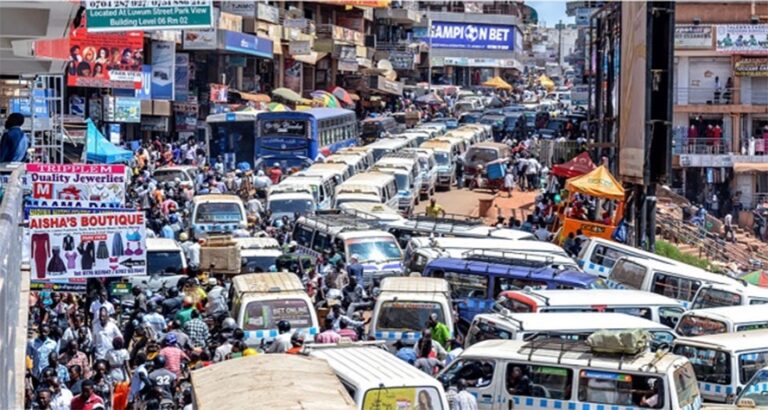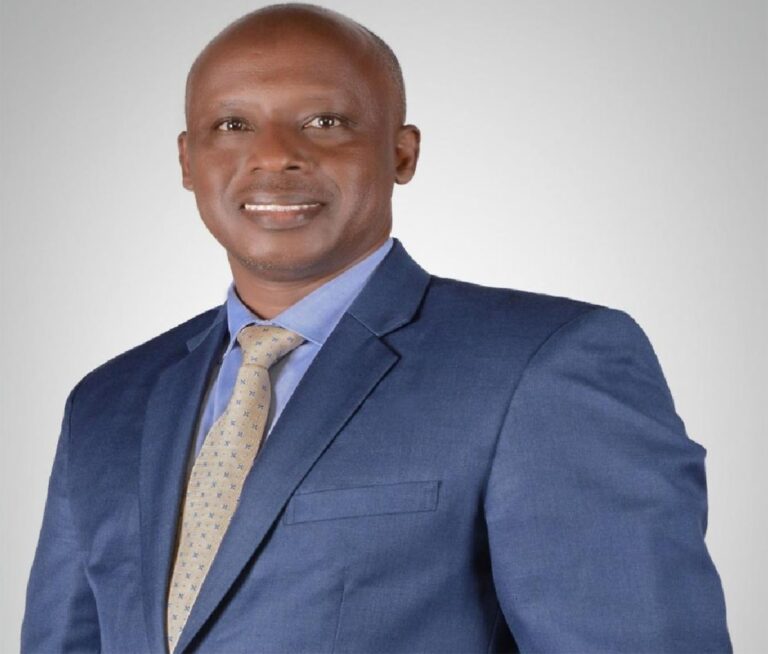
Ramathan Ggoobi, so Permanent Secretary and Secretary to Treasury
HABARI DAILY I Kampala, Uganda I The Ugandan Government has released the first budget call circular for the 2026/27 financial year, outlining an ambitious plan to strengthen human capital, develop mineral resources, support innovation, and expand tourism, even as the overall budget shrinks compared to the previous year.
Under the Human Capital Development programme, government will maintain free Universal Primary Education (UPE), Universal Secondary Education (USE), and the Uganda Post O-Level Education and Training (UPOLET).
Sponsorships and student loan schemes will also continue, alongside rehabilitation of traditional secondary and special needs schools. New seed schools will be built, existing facilities expanded, and more staff recruited.
The Ministry of Finance further revealed that in FY2026/27, Busoga and Bunyoro universities will be operationalised, while stadiums and training facilities for the CHAN and AFCON 2027 tournaments will also be ready.
To develop the mineral-based sector, government will prioritise completing the East African Crude Oil Pipeline (EACOP) to deliver first oil and finalise mineral quantification for iron ore, gold, and copper.
In the Science, Technology and Innovation sector, the goal is to build a knowledge-driven economy. The 2026/27 focus will be on the commercialisation of innovations, including products from Kiira Motors and Dei Bio Pharma, the Matuga based drug manufacturers.
Tourism will also receive a major push, with investments in infrastructure at tourism sites, hospitality training, and promotion of health tourism through specialised health facilities. Highway refreshment and sanitation centres will be built in partnership with the private sector, while diversification of tourism products and conservation of key sites like Mt. Rwenzori, Bwindi, and Murchison Falls will be expedited.
Permanent Secretary and Secretary to Treasury, Ramathan Ggoobi, emphasised the broader goal:
“In FY2026/27, focus will remain on infrastructure development in tourism sites, upgrading hospitality standards, training and promoting health tourism through specialised health facilities,” he said.
He added that government aims to increase tourist inflows, while doubling average expenditure and length of stay.
For agriculture, the reforms will include adopting a business model for input distribution, cost-sharing between government and farmers, and operationalising a revolving financing mechanism for livestock vaccines.
“The key reforms in FY2026/27 will include adopting a business model for input distribution, cost-sharing between Government and farmers for input acquisition, and operationalising the revolving financing mechanism for livestock vaccines,” Ggoobi explained.
On resource allocation, the total preliminary budget envelope is Shs 69.399 trillion, down from Shs 72.376 trillion in 2025/26. Domestic revenue is projected at Shs 40.090 trillion, up from Shs 36.806 trillion, boosted by the ongoing Domestic Revenue Mobilisation Strategy (2025/26–2029/30).
Ggoobi confirmed that domestic borrowing will fall to Shs 8.952 trillion, from Shs 11.381 trillion, to keep debt sustainable and reduce interest payments. Expenditures such as the 2026 electoral roadmap, AFCON requirements, and national ID renewal — which pushed up the 2025/26 budget — will also be phased out.
Government also plans to spend Shs 9.68 trillion on domestic debt refinancing, slightly lower than the Shs 10.028 trillion in 2025/26. However, budget support is projected to decline sharply from Shs 2.084 trillion to Shs 330.97 billion, while external project financing will reduce to Shs 10.018 trillion, down from Shs 11.327 trillion.
The Ministry of Finance has now tasked the Uganda Revenue Authority (URA) to collect at least Shs 40.090 trillion in taxes in FY2026/27, up from the Shs 36.806 trillion target for the current year.
“This is partly explained by the continued implementation of the second Domestic Revenue Mobilisation Strategy,” Ggoobi noted.
The budget framework is expected to form the basis of consultations leading to the National Budget for FY2026/27, which will be tabled before Parliament next year.




